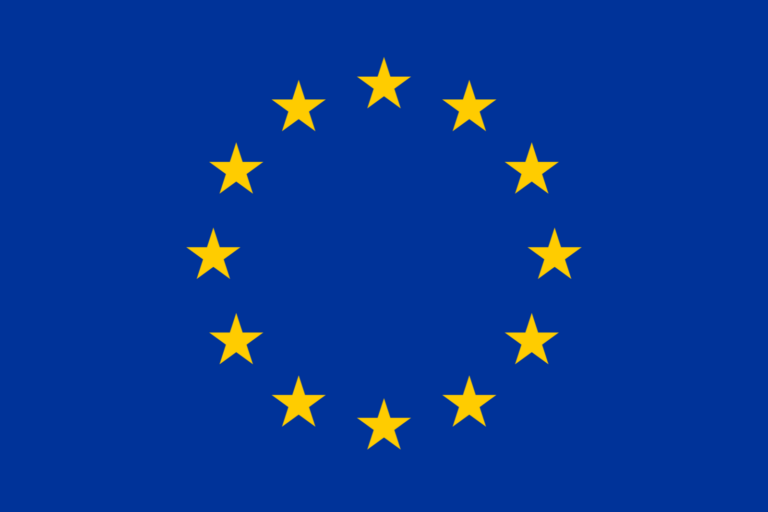This project has received funding from the European Union’s Horizon Europe research and innovation programme under grant agreement No 101131669.
Genetic Validation of Precision Disease Models
Mouse models for fundamental and translational research.

INFRAFRONTIER ERIC, along with its partners Mary Lyon Centre at MRC Harwell and PHENOMIN-ICS, is pleased to announce the launch of a service aimed at expanding the characterisation of mouse models before their use.
This INFRAPLUS service seeks to assist scientists in mitigating the risks associated with employing inappropriate or insufficiently characterised animal models by improving model validation. It promotes the 3Rs (Replacement, Reduction, and Refinement) by reducing unnecessary animal use and improving research reproducibility (see INFRAFRONTIER’s stance and contribution to 3Rs and animal welfare HERE).
Comprehensive Genomic Validation Service
The aim of this service is to verify the integrity of genetic alteration and of the genetic background in a genetically altered (GA) line prior to its use in a research laboratory.
The service includes:
- Verification of the genetic background using MiniMUGA ( more info)
- Verification of the absence of contaminating constructs (MiniMUGA and qPCR)
- Depending of the mutation type, assessment of transgene copy number, unwanted concatemers, or random integration of targeting vector/ donor DNA by droplet digital PCR
- Verification of the mutant allele sequence and structure:
a. Long-Range PCR and Oxford Nanopore Long-read sequencing when possible
b. Optionally, Nanopore Cas9-targeted sequencing (nCATS) analysis for on-target mutation validation
The expected benefits include knowing the genetic background of the animals used in experiments, ensuring the absence of contaminating constructs, confirming the sequence and structure of the mutation and facilitating the genotyping of a line whose genetic information may have been lost or too fragmented.
mRNA Expression Validation Service
The aim of this service is to assess mRNA expression levels to ensure that the mutated allele exhibits the expected functionality.
It is especially valuable for complex knock-in models, including extensive humanization, conditional modifications, or models with altered gene expression (downregulation or overexpression). Publications provide examples of situations where mRNA quantification shows unexpected patterns and/or level of expression from engineered alleles, invalidating the usability of the model (https://doi.org/10.1016/j.ymeth.2021.04.001 & https://doi.org/10.1371/journal.pgen.1005691).
The service includes:
- RT-ddPCR quantification of mRNA expression for wild-type and mutant alleles (up to 3 target designs and a reference gene)
- Analysis of a total of 20 samples (recommended groups of 5 animals)
- Option of long-range RT-PCR followed by Oxford Nanopore long-read sequencing to assess splice variants
Service Providers
We’re here to help, contact us by

